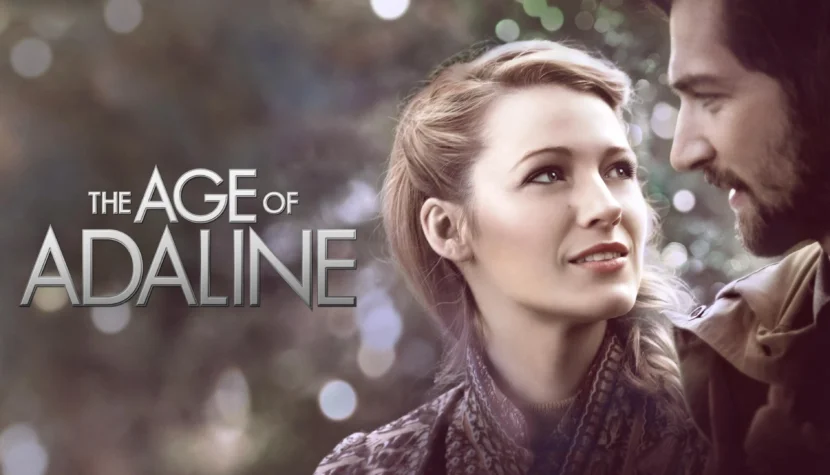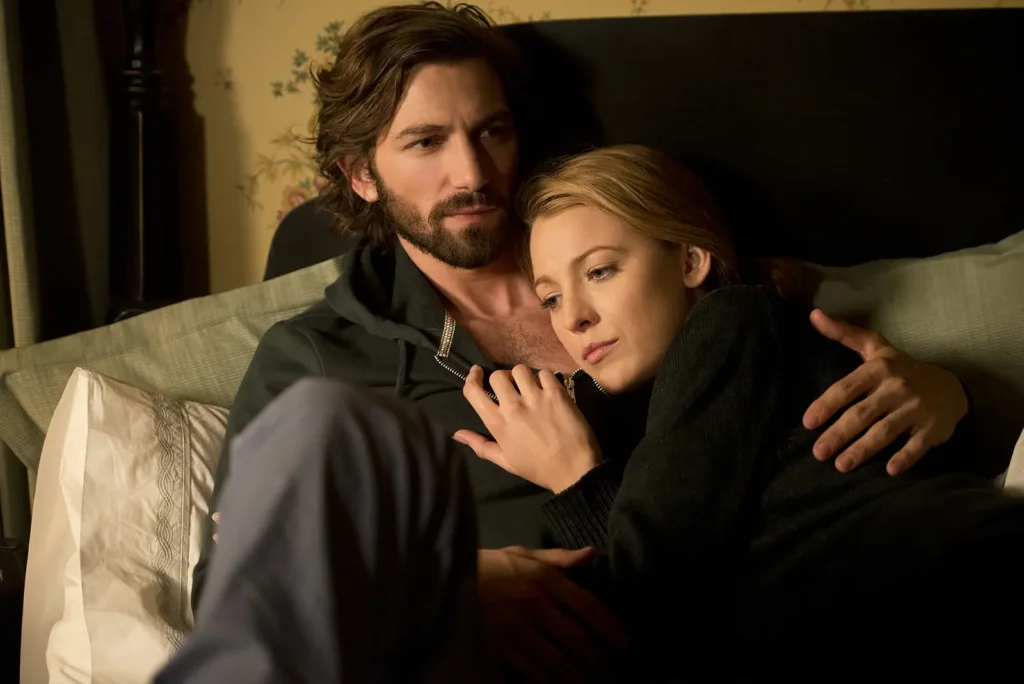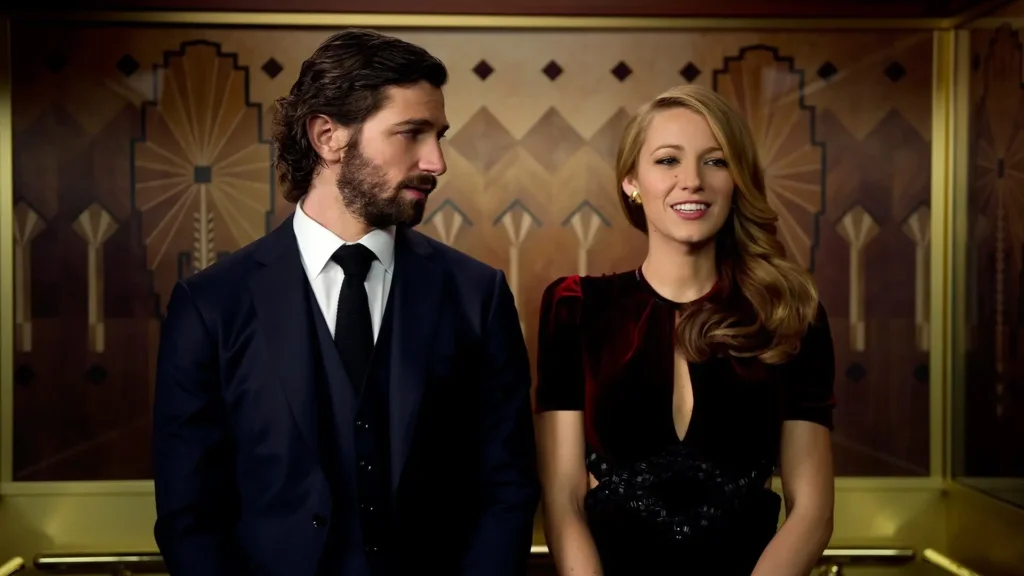THE AGE OF ADALINE. This isn’t about Alfred Hitchcock-style suspense

Let’s start with a spoiler, but not a plot one—an existential spoiler concerning “The Age of Adaline”. Immortality, like wealth in the myth of King Midas, does not actually lead to happiness, which, according to the filmmakers, stems from the fleeting nature of moments, not their eternity. In short, life is a journey that must have a beginning and an end. Otherwise, it becomes a ritual of everyday life. It’s worth adding—tedious everyday life.
For a hedonist, this is likely sheer heresy.
For the titular Adaline, her biological clock stopped at the age of 29, which doesn’t mean she died then. Quite the opposite—she stopped aging. At first glance, we think: lucky her. But her phenomenon turned out to be a curse when she began to lose everyone she loved, who didn’t share the gift of immortality. After years, her daughter looked like her grandmother—a vivid example for the viewer of the absurdity of the situation.

The determinant of the film’s events is Adaline’s romantic escapades, in which her supernatural qualities ended up hurting her lovers until she decided to give up on love, that is, until she met Ellis, someone exceptional enough to learn her secret. Does it sound like a parody? Of course, but cinematic history has shown that such stories, when well-told, always succeed because “The Age of Adaline” transports the viewer into a fairytale world where, for a moment, we all long to be, especially in this era of modernization.
The filmmakers don’t shy away from pathos or idyllic interludes, which makes “The Age of Adaline” reminiscent of kitsch, revisited in many ways over the years.
It seems like we’ve seen every scene before. In fact, we can even predict the ending. But this isn’t about Alfred Hitchcock-style suspense; rather, it’s a subtle journey into a dreamland where anything good can happen. The creators don’t even try to deny the idea that all films have already been made. Given that, they make use of familiar techniques to avoid ruining anything.

“The Age of Adaline” is not a masterpiece, but this doesn’t negatively affect its evaluation. There are many definitions of good cinema, but if we forget about reality during the film’s runtime and become absorbed in the story on screen, we know it was worth it. That’s the case with the work of young filmmaker Lee Toland Krieger, who revealed his storytelling abilities in “The Age of Adaline”, making us root for the main character—by the way, the charming Blake Lively—while we come to understand the tragedy of her situation.
This is yet another example of cinema confronting the passage of time, but “The Age of Adaline” does so from a new perspective. After reversing the timeline in “The Curious Case of Benjamin Button” and tinkering with the flow of events in “About Time”, now, fittingly, comes the time to explore immortality in a world where everything else fades away. The moral is simple: the golden formula for a perfect life does not exist. As Democritus was right in saying: we live not as we want, but as we can.
Written by Dariusz Skrzypek

